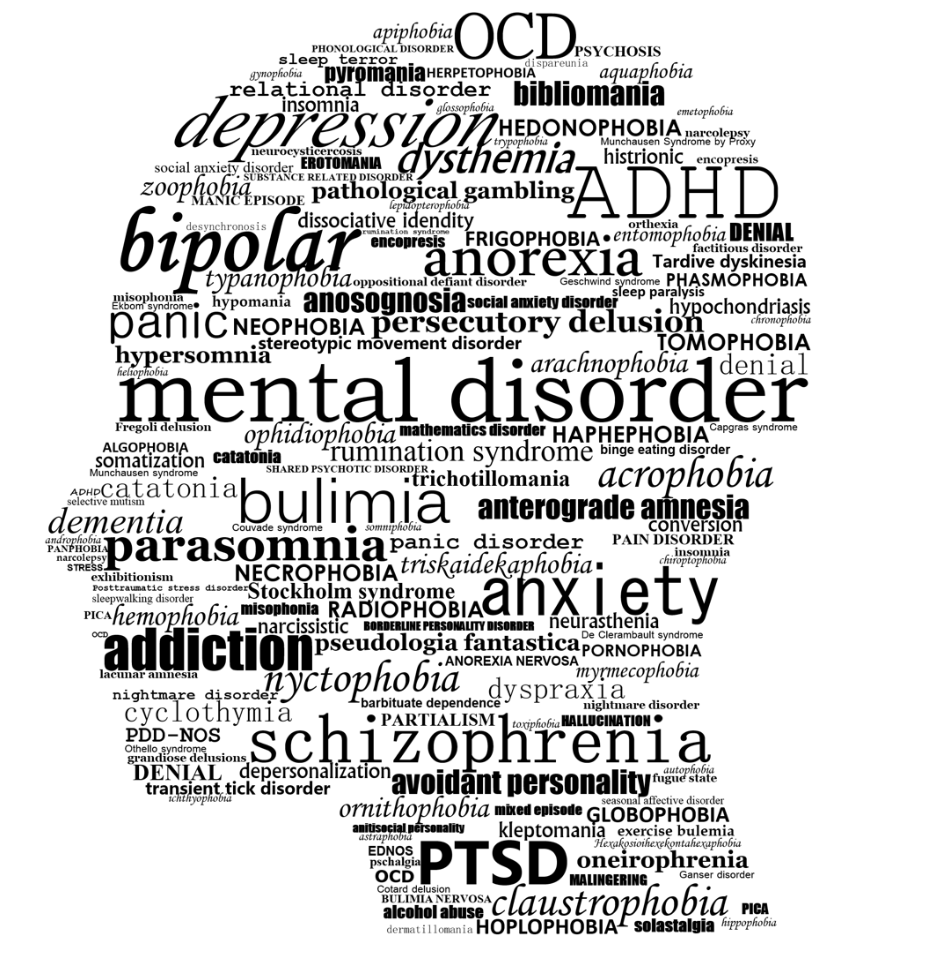Social media has taken a toll on many people’s mental health due to the unrealistic body standards they instill in the public. The findings suggest that using social media can be associated with problems such as anxiety, depression, loneliness, poor sleep quality, poor mental health indicators, thoughts of self-harm and suicide, increased levels of psychological distress, cyberbullying, body image dissatisfaction, FoMO and decreased life satisfaction (Hassan and Tatari 2021). While social media has been shown to have negative effects on mental health (Levina and Tiggemann (2008), Andersson, Goodyear, Quennerstedt and Varea (2022) and Dare, Leesa, Monks, Reid (2021), Convertino, Rodgers, Franko and Jodoin (2019), there were also some positive relationships (The Paradox of Tik Tok (2021), Kelly and Daneshjoo (2019) and Hassan and Tatari 2021). These consist of accessing other people’s health experiences and expert health information; managing depression; emotional support and community building; expanding and strengthening offline networks and interactions; self-expression and self-identity; and establishing and maintaining relationships. The relationship between social media, body image and mental health is another heavy topic that scholars have often explored. Western culture tends to highlight this ideal of thin, athletic, lean bodies and this is exactly what is portrayed in social media. Authors Marks, De Foe and Collett (2020) show current weight-centric approaches towards health have a negative impact on physical and psychological well being. Not only are people being physically affected by these unrealistic body image standards, but people’s mental health is also suffering as well (Marks, De Foe and Collett: 2020).

Depression is a major mental health concern that many face in today’s society. This can occur due to a direct link between negative perceptions of one’s body image and use of social media. Individuals may have trouble expressing their emotions, which can lead to an increase in depression. It can be hard to express emotions on the Internet as you never know the audience you are talking to or the tone people may receive from you. Researchers have heard that there is a significant relationship between alexithymia (trouble showing emotion) and binge-eating and depression (Boulton, Greiner, and Wheeler: 2005). Others also showed how negative feelings about their bodies contribute to the higher prevalence of depressive symptomatology and lower self-esteem among girls (Siegel, Yancey, Aneshensel and Schuler: 1999). Body image and mental health are heavily intertwined; when one has negative perceptions about their body image, they are more likely to be depressed or have other mental health issues (Siegel, Yancey, Aneshensel and Schuler: 1999). This project will explore how mental health is affected by social media as negative body images are extremely prevalent in today’s society.